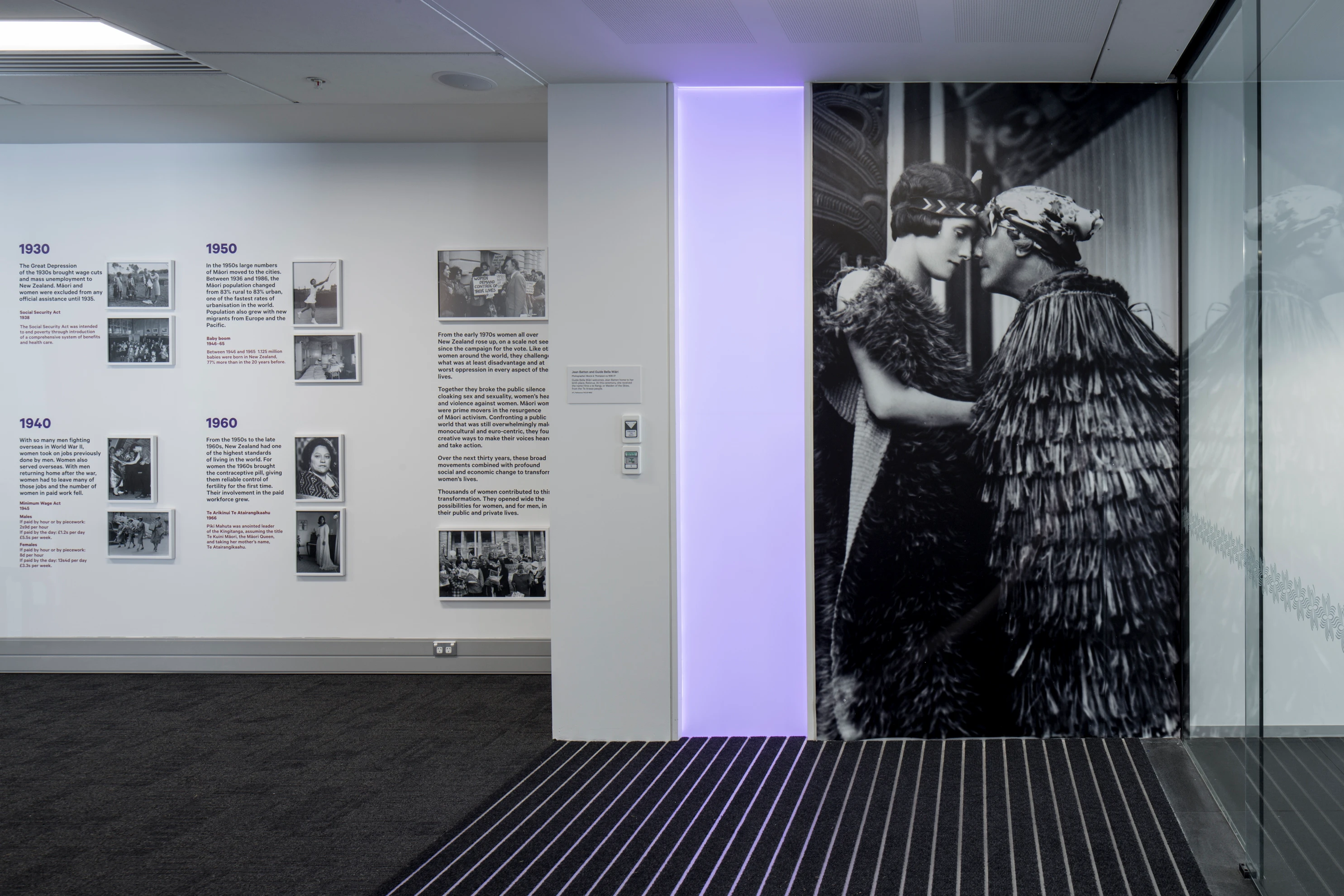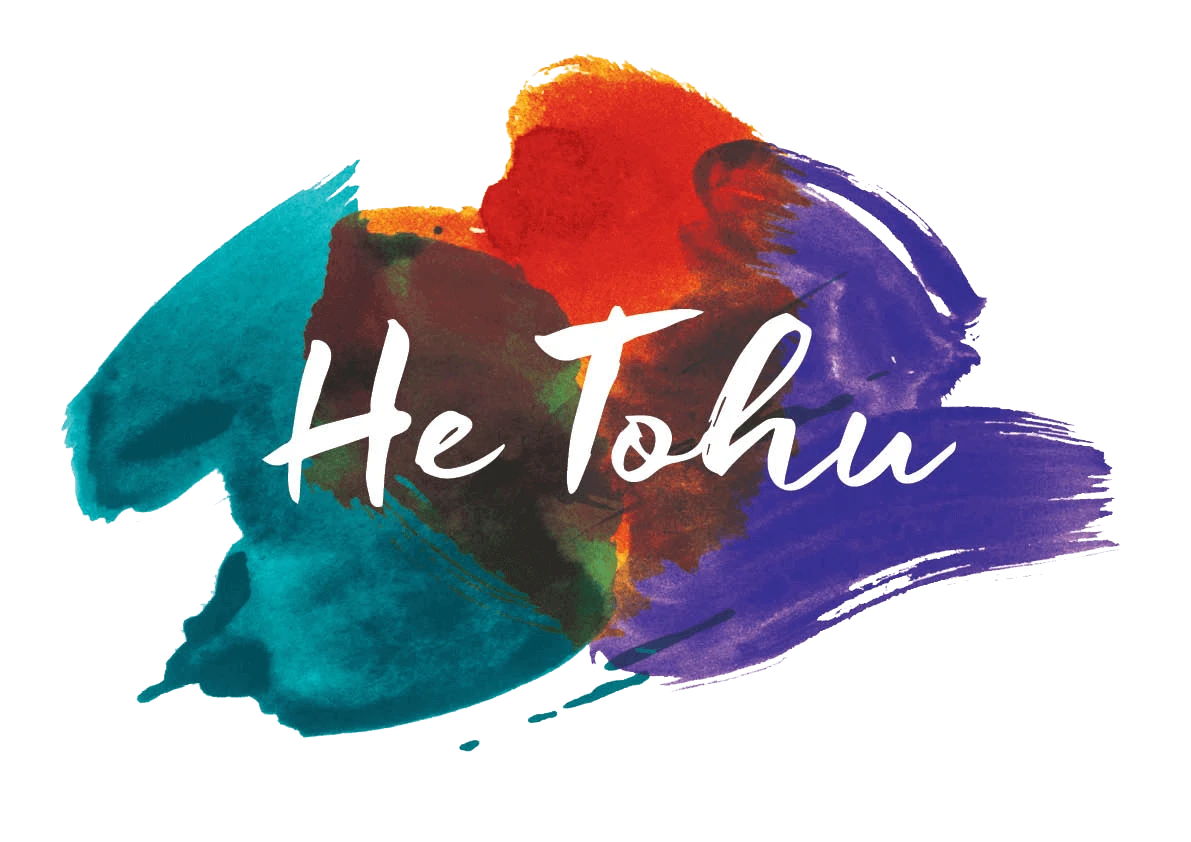Definitions of key cultural interaction terms

Here are some sample definitions for concepts related to cultural interaction in Aotearoa New Zealand.
Dominant culture
The dominant culture is a culture that holds the most power or that is the most widespread or influential within a society made up of multiple cultures. The dominant culture can often be seen in the established language, religion, values, rituals, and social customs of a group. These traits are often viewed as 'the norm' for the society as a whole.
Eurocentricism
People with a Eurocentric worldview focus on European culture or history in a way that excludes or shuts out a wider view of the world. Although they might not say it openly, people who are Eurocentric often believe that European culture is superior or more important than other cultures.
Kaitiaki
Guardian, caretaker, steward.
Kaitiakitanga
Guardianship or stewardship.
Manaakitanga
Hospitality, kindness, generosity.
Mouri
Life force or essence. Mouri is Taranaki Whānui ki Te Upoko o Te Ika dialect and the preferred spelling of mauri used by the Harbour Islands Kaitiaki Board.
Multiculturalism
People with a multicultural perspective believe that different cultures in a society deserve equal respect. They try to be open and unprejudiced towards people from other cultures who may have different values and norms. This includes avoiding judging or stereotyping people from other groups.
Rangatira
Chief.
Rangatiratanga
Chieftainship.
Tino rangatiratanga
Absolute power and authority.
Whanaungatanga
Relationship, kinship, sense of family connection.
